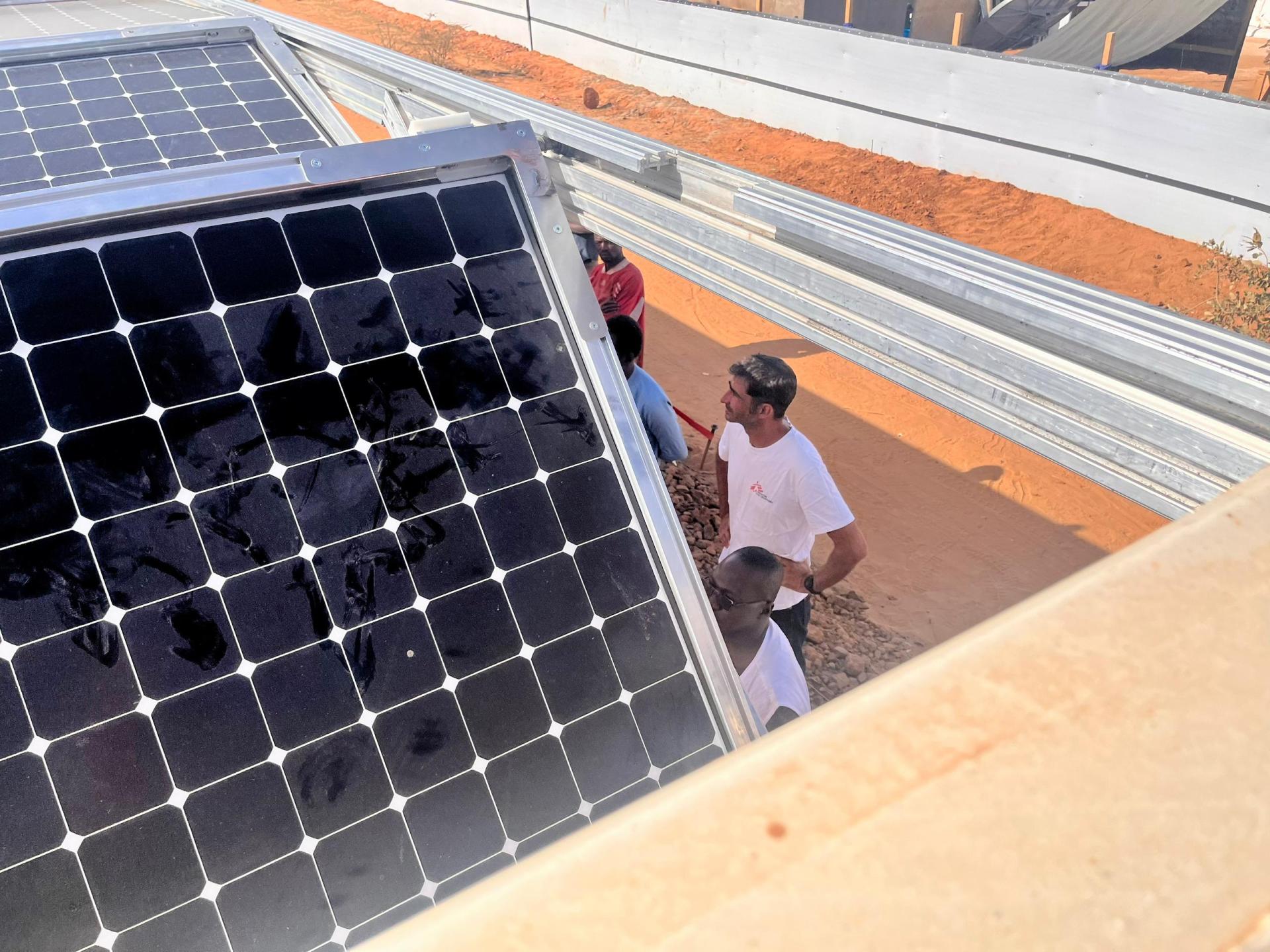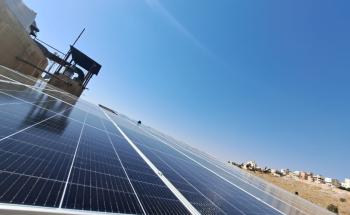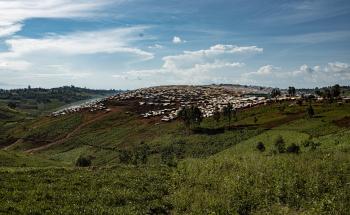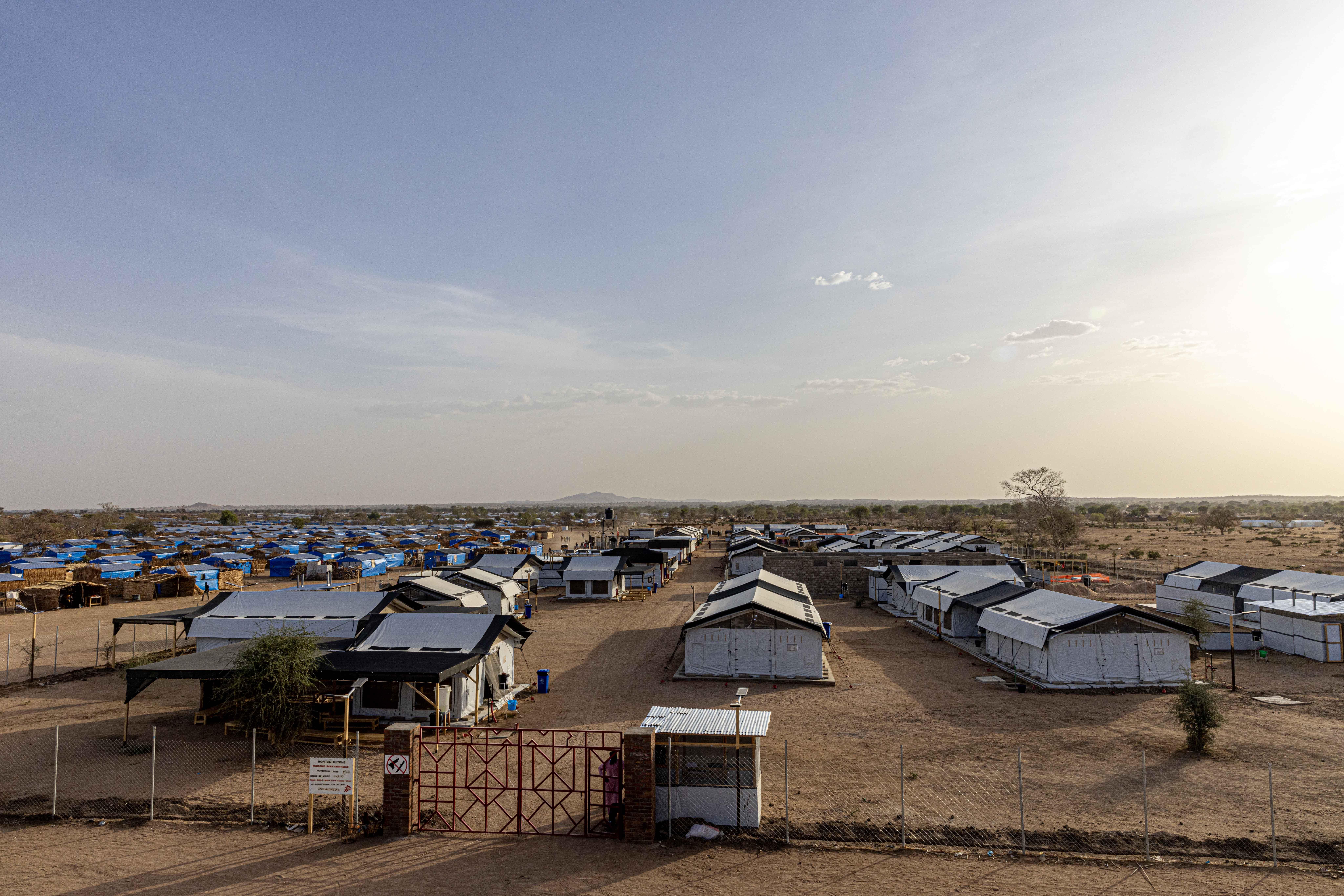Providing the energy needed to run medical activities during emergencies or in insecure contexts can be difficult. Still, it becomes even harder if you want to do it sustainably, like using solar energy. Doctors Without Borders (MSF) logisticians are trying to solve this head-scratching issue.
Using solar energy in health facilities
Humanitarian organisations like MSF typically rely on diesel-run generators in places without electricity. However, it can be difficult and dangerous to transport fuel for these generators to insecure and remote places. From an environmental perspective, this is definitely not a good solution, as fossil fuels cause carbon emissions. This then causes global heating, which in turn leads to significant health problems.
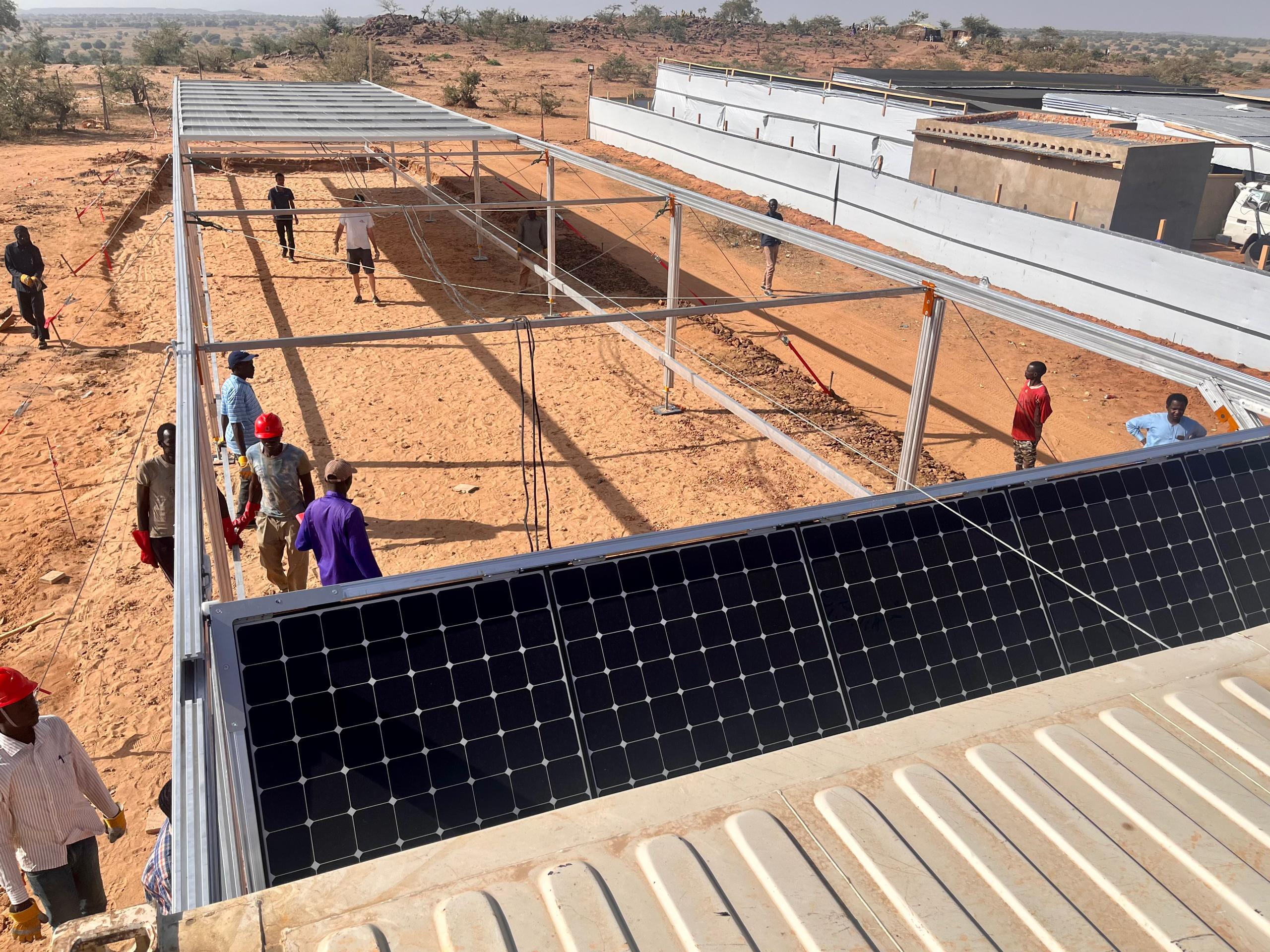
In the quest to rapidly deploy energy in emergency settings, MSF logisticians have been trialling an innovative potential solution in the form of a container with extendable solar panels. These solar panels have a surface area of 150m2 and can produce up to 60 kWh. This is enough electricity, in theory, to run an entire health centre or vaccination facility. Tents can be set up underneath the solar panels so that the structure functions as a sort of foldable health centre. This all-in-one set-up doesn’t need electricians to install it, which is good news in hard-to-reach locations.
Mobile energy containers
The solar panels' container is currently being tested in Ourang, in eastern Chad, where MSF teams are providing healthcare for the 50,000 refugees who fled violence in neighbouring Sudan. Alongside a traditional generator, the container provides the energy needed to run various medical activities in Ourang. So far, it is working well and has considerably reduced the fuel consumption of the traditional generator.
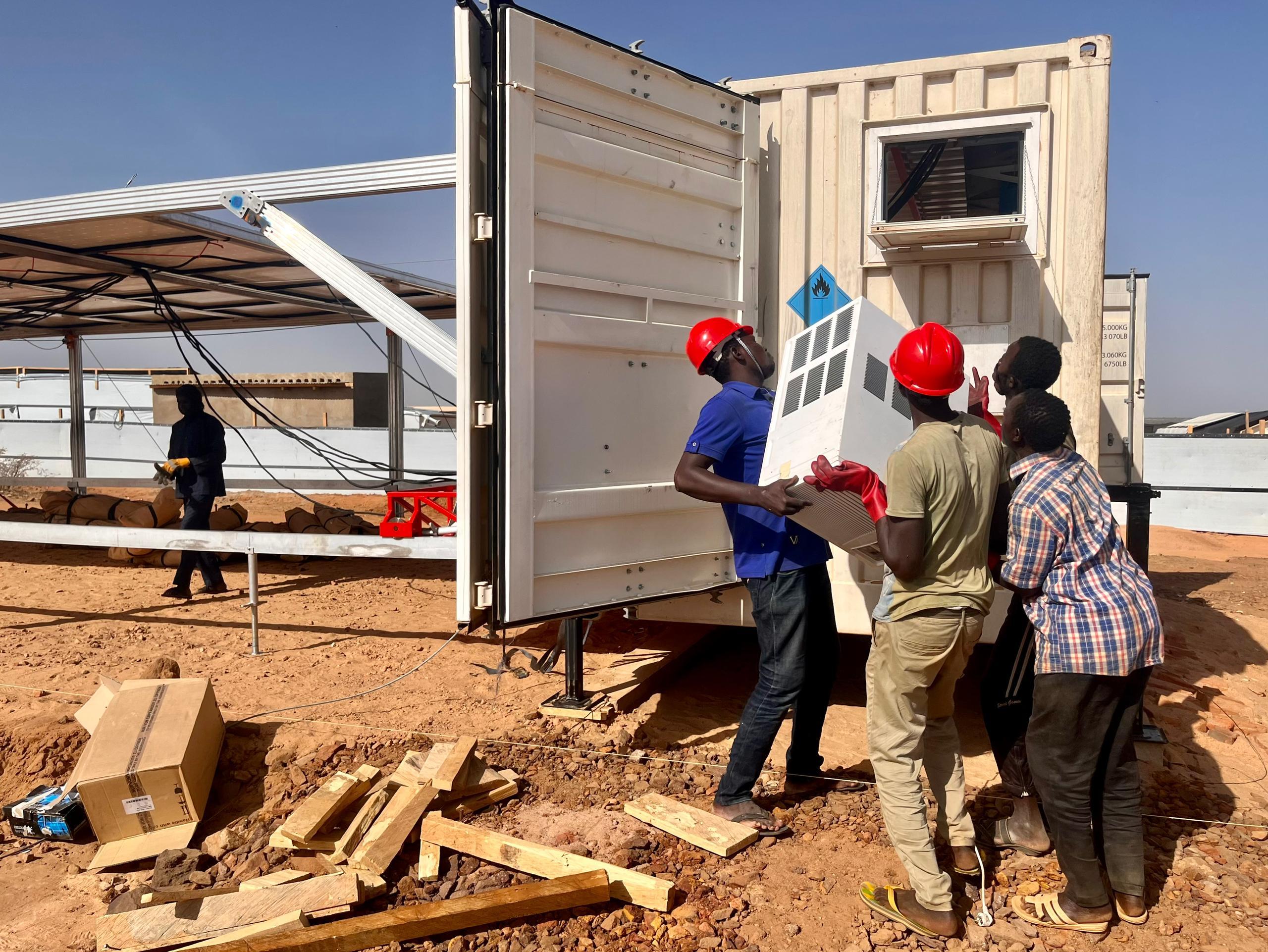
The goal is for the container to be entirely autonomous so that there is no need for generators. One challenge to overcome is that the container is heavy and needs a truck with a crane to transport it. For it to really function in emergencies, it also needs to be capable of being deployed and redeployed rapidly.
MSF logistics advisor Ivan Quentin says that the container with extendable solar panels has a lot of potential but adds: “We need to continue testing it to see if it really suits our needs. There is no magic wand. We are working on a real solution, and it will take time.”
ENDS
